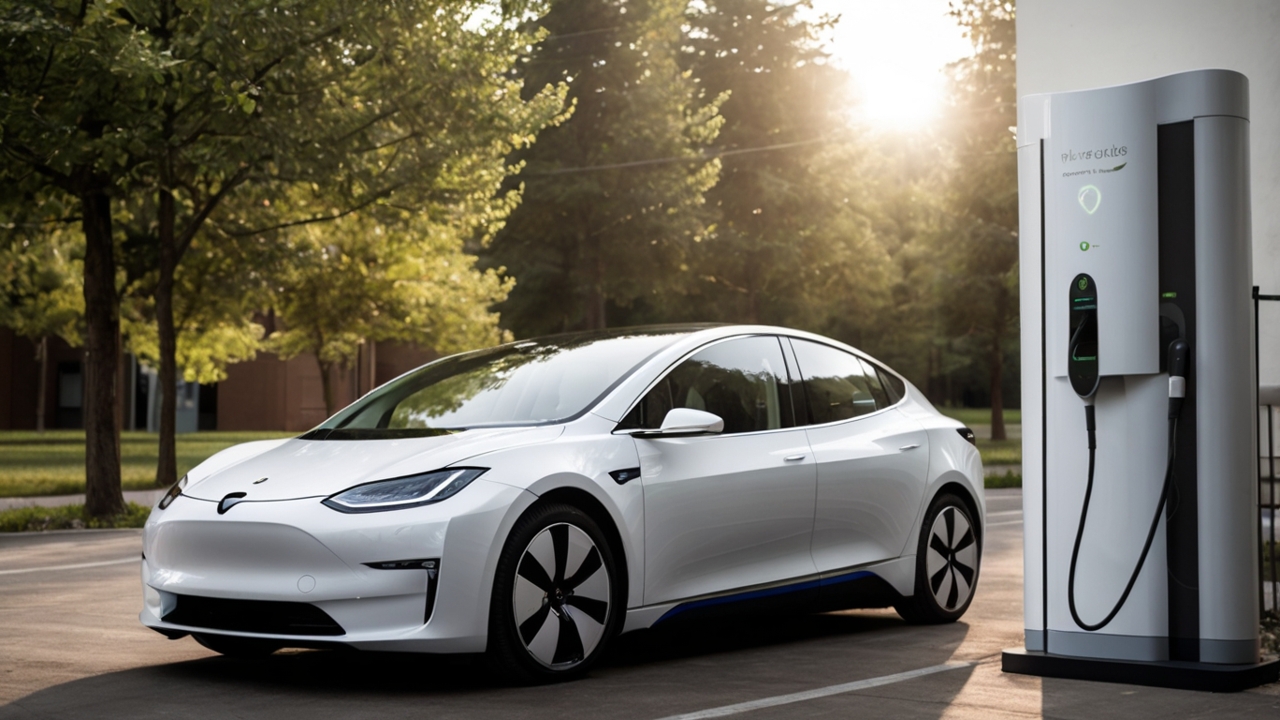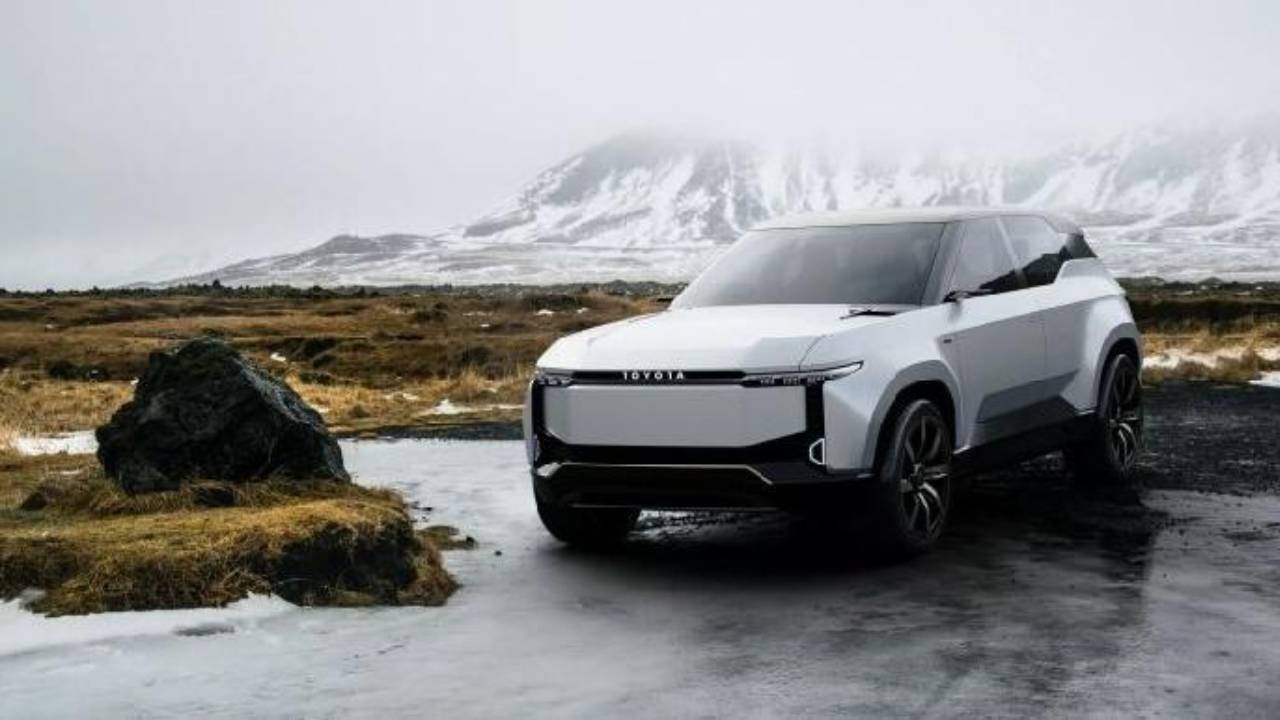Electric Vehicle Technology and Its Real Environmental Impact
Bukemersanacokyakisir – The conversation around electric vehicle adoption keeps expanding because people want cleaner mobility, yet they also worry about hidden environmental costs. While EVs offer reduced tailpipe emissions, their production especially the creation of lithium-ion batteries raises serious questions about sustainability. Additionally, many studies reveal that mining cobalt, nickel, and lithium contributes to land degradation, water pollution, and ecosystem disruption. As someone who follows environmental policy closely, I see this debate as both necessary and healthy. It forces us to examine the entire life cycle of an electric vehicle rather than focusing only on the glamorous promise of “zero emissions.” Understanding this bigger picture helps consumers make informed decisions and encourages industries to adopt greener practices.
“Read also: Affordability Is in Crisis. The Solution: You’ll Never Own Anything Again“
How Electric Vehicle Batteries Depend on Extractive Mining
Most electric vehicle batteries rely on minerals that must be extracted from the earth on a massive scale. Lithium is mined from salt flats in South America, where water-intensive extraction threatens fragile ecosystems. Meanwhile, cobalt mining in countries like the Democratic Republic of Congo has long been linked to unsafe labor practices and polluted landscapes. Furthermore, nickel extraction in Indonesia and the Philippines contributes to forest loss and toxic waste leakage. Although mining is also required for producing traditional fuel systems, EV battery production remains uniquely resource-heavy. From an environmental standpoint, this creates a moral dilemma: we pursue cleaner transportation, yet we damage nature in the process. This contradiction is what makes the EV transition so complex.

Why Electric Vehicles Still Produce Emissions Despite Having No Tailpipe
Many people assume that electric vehicles are entirely clean because they do not release exhaust fumes. However, the electricity used to charge EVs often comes from fossil fuels. In countries where coal still dominates the power grid, charging an EV can indirectly contribute to carbon emissions. Moreover, battery manufacturing itself produces significant CO₂ due to energy-intensive production facilities. When combined with mining impacts, the overall carbon footprint of an electric vehicle becomes more complicated than marketing slogans suggest. Even so, EVs generally emit less carbon over their lifetime than conventional cars, but the margin varies greatly depending on how electricity is generated. This nuance is often overlooked in public discussions.
The Environmental Benefits That Electric Vehicles Still Provide
Despite their flaws, electric vehicles offer real environmental advantages. Because they operate without combustion, they significantly reduce air pollution in urban areas, especially in regions struggling with smog and respiratory health issues. Additionally, EV motors are more energy-efficient than internal combustion engines, converting more electricity into actual movement. As renewable power sources like solar and wind become more common, EVs will become even cleaner. In my view, electric vehicles act as a bridge technology imperfect but necessary allowing society to step away from oil dependency while building a greener energy infrastructure.
The Long-Term Ecological Risks Behind Battery Waste
Battery disposal represents another major challenge. When lithium-ion batteries reach the end of their life cycle, they can leak heavy metals and toxic chemicals if not handled properly. Although recycling programs are growing, global recycling capacity remains far too limited. As demand for electric vehicles surges, so does the risk of creating massive waste streams. Proper battery recycling requires advanced technology and strict regulations, and not all countries have the infrastructure to manage it. Without a sustainable global recycling system, millions of EV batteries could become environmental hazards in the future. This is an area where innovation is urgently needed.
“Read more: Egypt’s New 155mph Desert-Proof Trains Mark a Historic Leap Forward“
How Automakers Are Responding to Environmental Concerns
Major car manufacturers are exploring new ways to reduce the ecological footprint of electric vehicle production. Several companies are developing cobalt-free batteries to minimize reliance on risky mining. Others are investing in solid-state batteries, which could lower environmental impacts while improving performance. Additionally, firms are adopting closed-loop recycling systems to reclaim minerals from old batteries and reuse them in new ones. These steps show that the industry recognizes its responsibility to address environmental harm. Although progress is still slow, the direction indicates a growing commitment to long-term sustainability.
Consumer Awareness and the Ethical Dilemma of Choosing an EV
Choosing an electric vehicle is not just a technical decision it is an ethical one. Consumers must balance environmental benefits with the hidden costs of resource extraction. Some buyers prioritize lower emissions and cleaner city air, while others worry about the ecological damage caused by mining operations. As someone observing this transition, I find that transparency is crucial. Consumers deserve clear information about the origins of battery materials, manufacturing processes, and end-of-life recycling options. When people understand the full picture, they can make more responsible choices that align with their values.
Why Electric Vehicles Are Still Part of a Sustainable Future
Even though electric vehicles are not perfectly eco-friendly, they represent a necessary step in global climate efforts. Transportation is one of the largest sources of greenhouse gas emissions, and EVs provide a path to reduce that footprint especially as clean energy grows. Furthermore, advancements in battery chemistry and recycling technology continue to move the industry toward greener solutions. The shift will not happen overnight, but every innovation helps. In the end, electric vehicle progress depends on global cooperation, ethical mining practices, and smarter energy production. With the right policies and technology, EVs can become a genuinely sustainable cornerstone of modern mobility.



